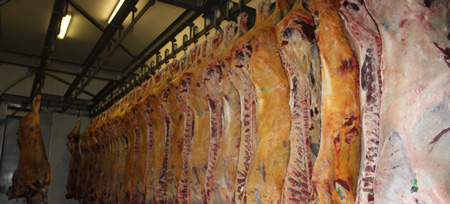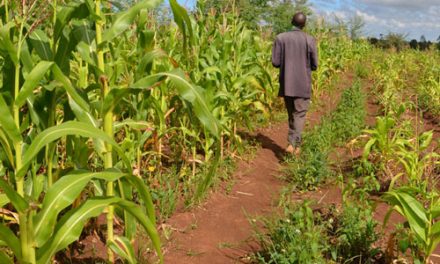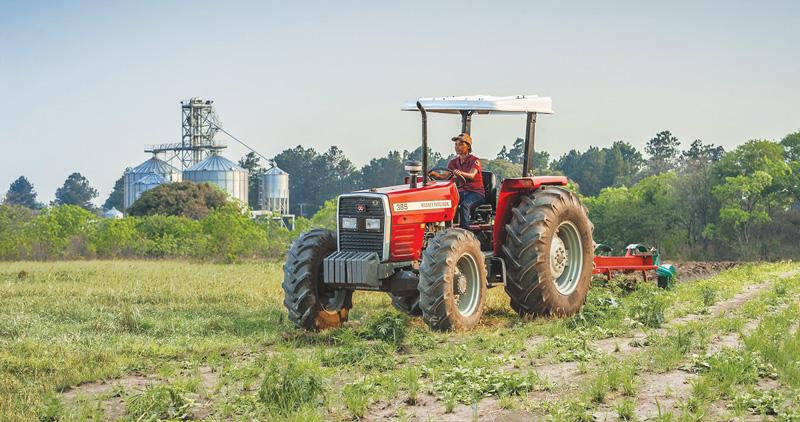
Local meat marketing declines while world meat consumption stays positive

The country’s beef and sheep export abattoirs are still not competitive with livestock exports, according to the latest Meat Board statistics.
Weaner exports to South Africa have also decreased from 219,000 in 2017 to 210,000 exports in 2018.
The Meat Board said, about 148,000 sheep were slaughtered at export abattoirs in 2018 against 195,000 during the corresponding period of 2017. In total, however, 198,000 sheep were slaughtered in Namibia versus 239,000 during the corresponding period of 2017.
According to the Meat Board, 302,000 sheep, mostly ‘too small and too lean’ were exported to South Africa due to the drought in the southern part of the country.
The Meat Board said, that the average beef cattle price for the year is N$39.98 per kilogram compared to the average beef carcass prices of N 35.30 per kilogram for the corresponding period 2017.
However, the meat board statistics show that cattle auction prices are still solid at an average of N$31.71 per kg versus an average of N$25.19 per kg for the corresponding period 2017.
“B-grade beef prices should currently be at an average N $50.83 per kg to compete with weaner calf prices,” the meat board suggests.
Moreover, sheep prices have increased marginally from an average of N$42.38 per kg to date with an average of N $40.07 per kg in 2017. Goat prices, on the other hand, have declined to N$859 per head compared to the corresponding period of N$938 per head in 2017.
The meat board revealed that due to the limited global economic growth, which resulted in reduced meat consumption in contrast to increased meat production (15%) following herd rebuilding phases after droughts in major meat-producing countries, world meat prices will not increase significantly.
In South Africa, beef and veal consumption will increase by 24% and mutton consumption, being the most expensive meat option, will rise by 11% over the next ten years.
After the latest Projection Conference of the Food and Agriculture Bureau in South Africa on 17 August, it is expected that South Africa will remain a net meat exporting country. The meat board said that in the short term beef production decreased by 8% on a year to year basis with an expected growth of 3% in 2018 and 8% for 2019.
“Beef prices in South Africa are moving closer to world beef prices, coupled with an estimated 4,5% increased supply in the next three years. In the case of mutton, sheep meat production is not expected to increase significantly (1.4%). South Africa remains a net importer of mutton with about 5% of local consumption being imported. Lamb prices will rise by an average of 4.7%,” the meat board stated.










































